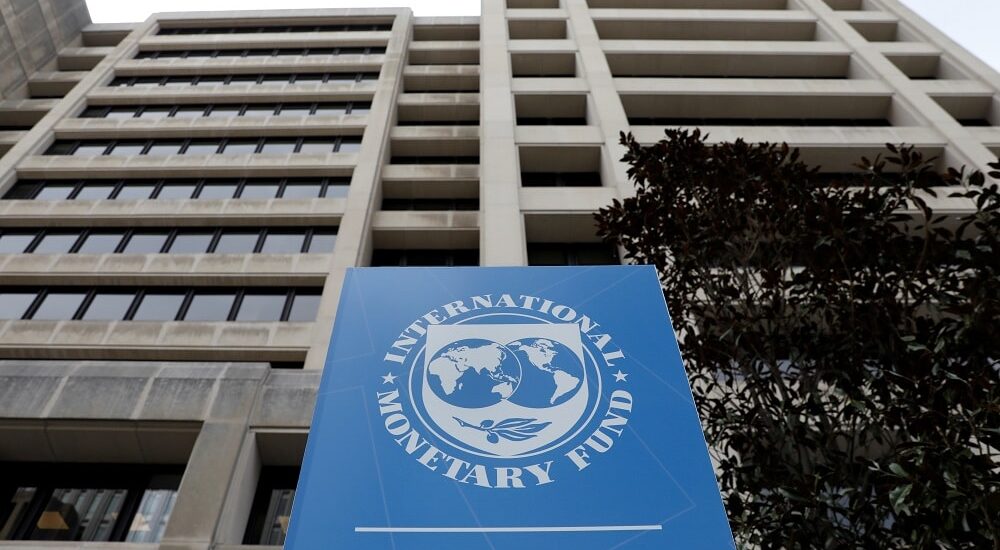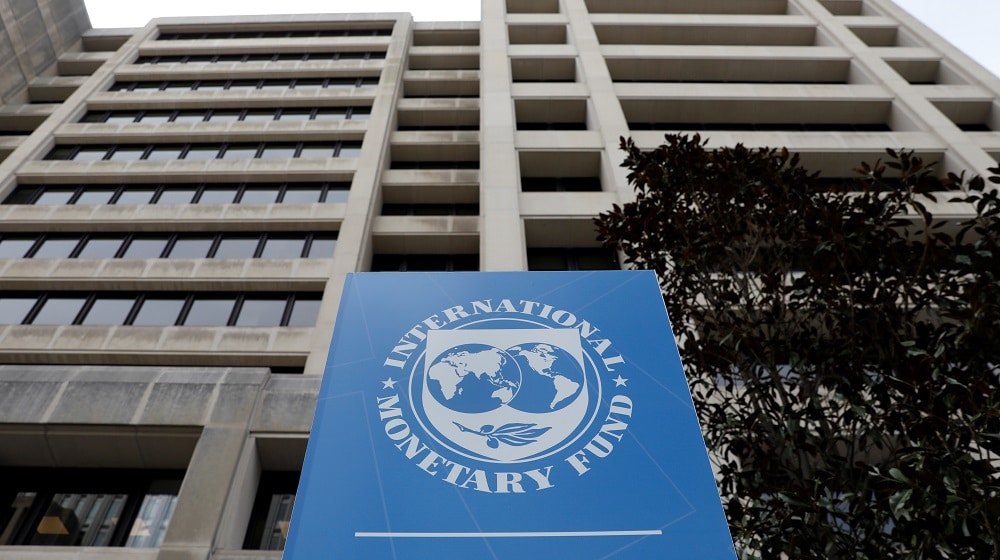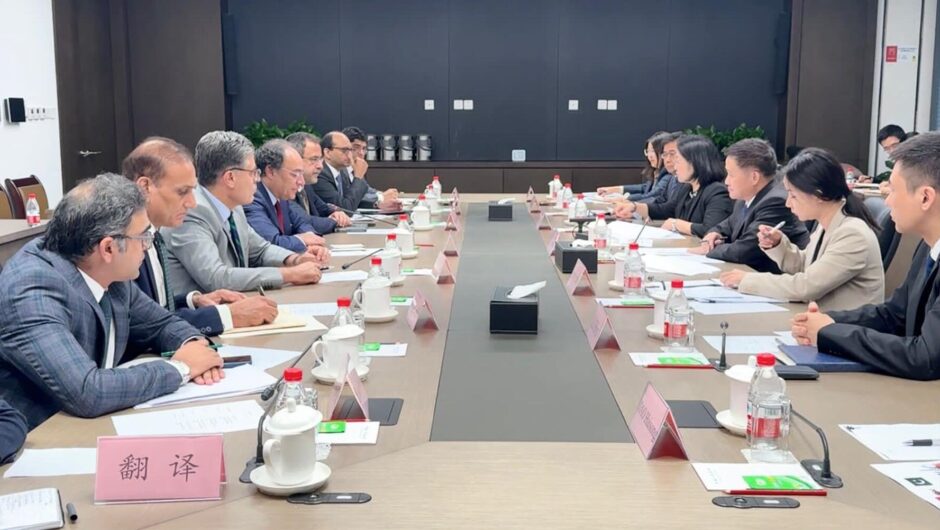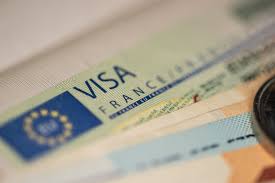
The International Monetary Fund (IMF) is poised to scrutinize Pakistan’s government for its delay in notifying the gas tariff increase approved by the Oil and Gas Regulatory Authority (OGRA) in June. This scrutiny comes as part of the upcoming review under the IMF’s $3 billion Standby Arrangement, with a $1 billion tranche due in November. To meet IMF requirements, the government may have no choice but to implement a gas rate hike of up to 50 percent.
Currently, both of Pakistan’s gas companies are grappling with a substantial deficit of Rs. 657.766 billion. The IMF is likely to raise this issue during pre-review discussions if the tariff increase is not officially communicated.
In June 2023, OGRA had announced a 50 percent increase (Rs. 415.11 per MMBTU) for Sui Northern Gas Pipelines Limited (SNGPL) customers and a 45 percent increase (Rs. 417.23 per MMBTU) for Sui Southern Gas Company Limited (SSGCL) customers for the fiscal year 2023-24.
Sui Northern still carries a shortfall of Rs. 560.378 billion for the financial year 2022-23, while Sui Southern faces a deficit of Rs. 97.388 billion. Combined, both companies have a total deficit of Rs. 657.766 billion.
The IMF is urging the government to develop a strategy to tackle the Rs. 1.7 trillion circular debt in the oil and gas sector, with Rs. 1.3 trillion of it attributable to the gas sector.
If implemented, this strategy would allow the federal government to inject approximately Rs. 414 billion into SNGPL and SSGCL to clear outstanding dues with gas producers such as OGDCL, PPL, and GHPL. Additionally, OGDCL and PPL are expected to contribute Rs. 56 billion and may consider issuing investment bonds.
Also, see:
Gas Shortage in Karachi: CNG and Industries Face Supply Interruptions
Topics #featured #Pakistan #trending pakistan





